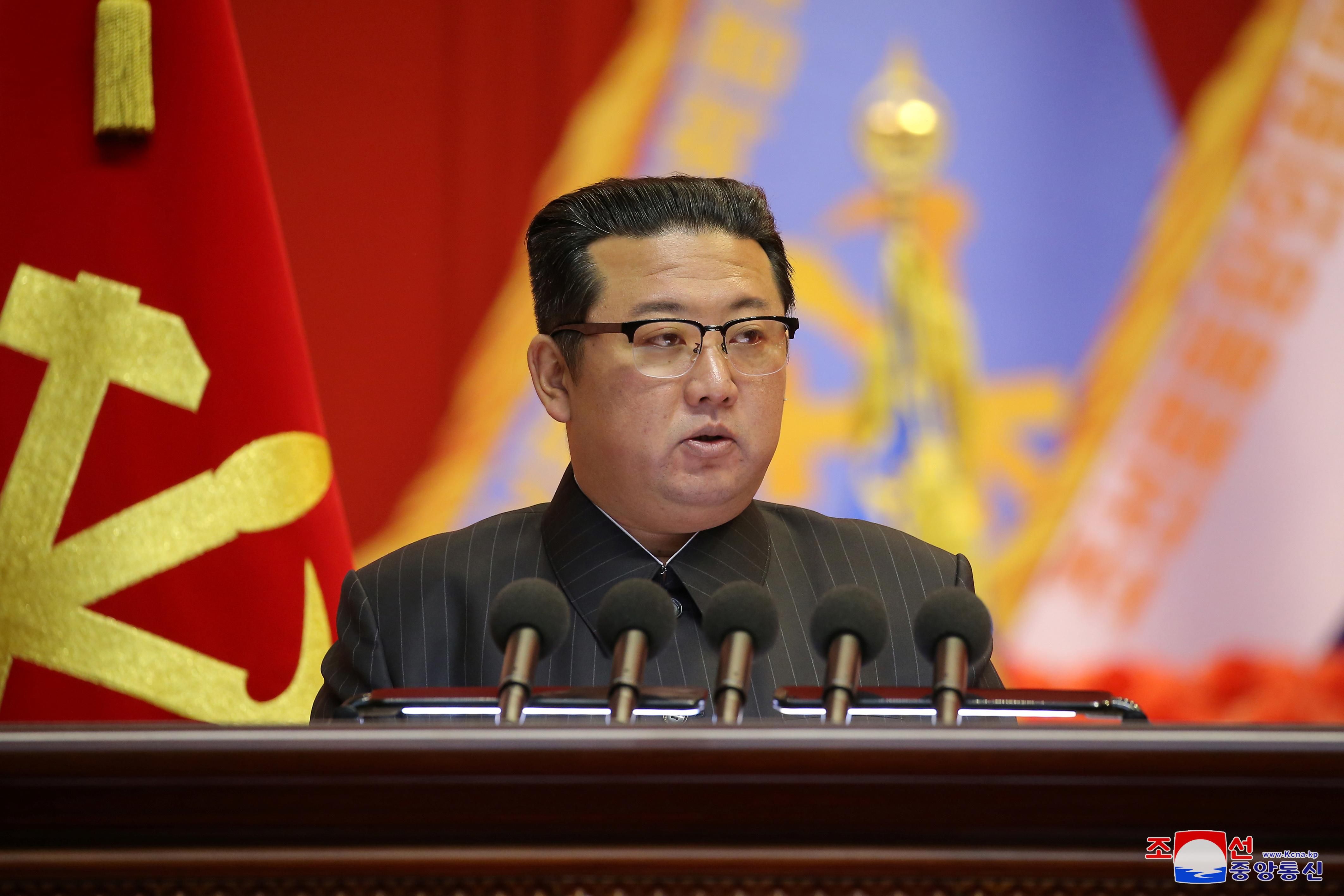Later this week, it’ll be 10 years since Kim Jong Un inherited the reins of North Korea upon the death of his father, Kim Jong Il.
But what would the elder Kim think about his son's decade in power, and about the Hermit Kingdom’s state of affairs today? Here’s a letter to the North Korean supreme leader from the ghost of his late dad.
Dear son…
You’ve exceeded my expectations in many ways, especially on consolidating power. I’m very proud of how you quite literally eliminated dissent within the family: first by having your treacherous uncle executed by firing squad, and then your exiled brother poisoned with toxic gas.
No one thinks you’re too young and inexperienced anymore, and your feisty sister has your back.
Internationally, you’ve also accomplished much more than I did. You met that orange man from Washington — the one you once called a dotard — three times and had a brief bromance.
You failed to get him to lift US sanctions in exchange for practically nothing on our nukes, as you had hoped, but you put North Korea on the world stage. And our atomic program, my legacy to you, is stronger than ever.
Yet, right now the economy is (almost) in worse shape than when I took over 23 years ago. Sorry, but that’s mostly your fault.
You tried focusing on economic growth and nukes at the same time. That brought some short-lived prosperity, but then the pandemic struck. You closed the border for too long, even for food, and now face looming famine as a result.
Since then, you’ve told our beloved countrymen it's time for some belt-tightening, and shed a lot of pounds yourself. Meanwhile, trade with China, the only country that does any business with us, is still down more than 80 percent from two years ago.
In fact, your biggest problem nowadays is that China has left you out in the cold by keeping its side of the border shut. China's big boss is ghosting you because he's preoccupied with America and the virus. Doesn’t he know there’s no COVID here?
But dealing with the Chinese is tricky. On the one hand, don't push them too hard because they are the most powerful of our few friends. On the other, the last thing China wants is to share a border with a US ally, not to mention the refugee apocalypse that would likely follow our collapse.
What’s changed from my days is that China doesn’t take you seriously anymore. Your atomic bluster may trigger the Americans and the South Koreans, but the Chinese know what you really need is basic supplies from them.
Also, you're no longer top of mind for the new man in the White House. He's too worried about China, and not as eager to cut a deal if you don’t end your nuclear program (which you should never, ever do). You even developed a hypersonic missile to get his attention, but he’s still dodging your calls.
The pesky South Koreans, for their part, seem desperate to officially end the Korean War — which we're technically still fighting because no peace deal was signed in 1953 — before their president steps down in March.
But what would we get out of that? Not much, so continue stringing them along (as usual) by sending mixed signals on warming ties. And you’re right to not let our youth listen to “toxic” BTS.
Dear son, you're in a tough spot. North Korea's economy is now a shambles, even by our very low standards, and you can’t rely on China anymore. Whatever you have in mind, you better do something to fix it — fast.
